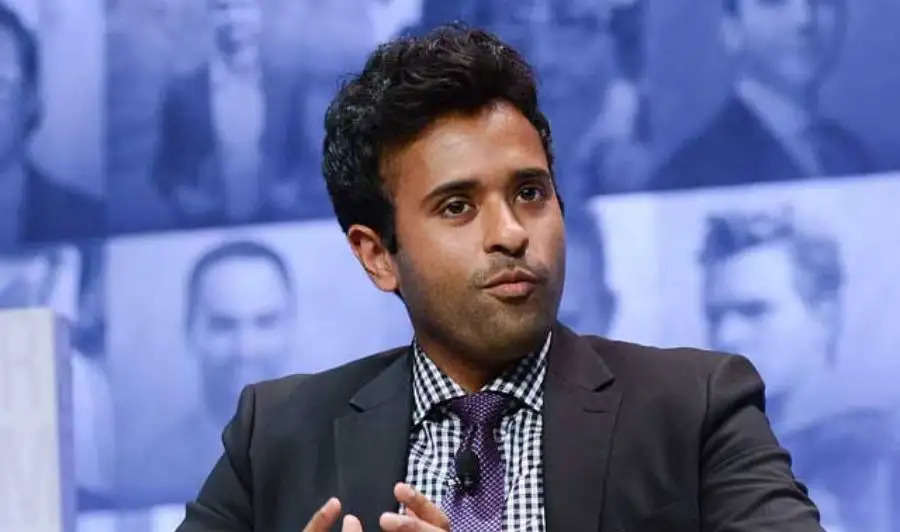"Presidential Candidate Vivek Ramaswamy Highlights Fatherlessness Crisis in America and Calls for Family-Centric Solutions"
"Ramaswamy Stresses the Impact of Stable Family Structures on Child Well-being Over Racial Privilege"

- Vivek Ramaswamy addresses the fatherlessness crisis in America, emphasizing the impact on child well-being.
- Challenges the notion of privilege solely based on skin color, asserting that true privilege lies in being raised in a stable family.
- Advocates for reducing government interference in family matters as a step towards addressing the issue.
Presidential candidate Vivek Ramaswamy took to Twitter to shed light on a critical issue affecting American families — the fatherlessness crisis. Ramaswamy highlighted that a significant 25% of children in America grow up without a father in the house, emphasizing the profound impact on child well-being.
In his tweet, Ramaswamy challenged the prevailing notion of privilege, asserting that true privilege is not solely based on the color of one's skin. Instead, he argued that real privilege lies in being raised in a stable family environment with both parents present. This perspective encourages a shift in focus from external factors like race to the internal dynamics of family structures.
Furthermore, Ramaswamy acknowledged the limitations of federal government intervention in fixing the fatherlessness crisis outright. However, he proposed a tangible step the government could take — reducing progressive interference in family matters. By advocating for a more family-centric approach and alleviating unnecessary government intrusion, Ramaswamy believes it's possible to create an environment conducive to stable family structures.
The tweet reflects a broader discussion about the societal and familial factors influencing child development and well-being. Ramaswamy's perspective invites reflection on the role of stable family units in fostering resilience and providing a foundation for the future generation. As the conversation around family-centric policies gains momentum, it remains to be seen how such ideas will shape political discourse and potential policy changes.
